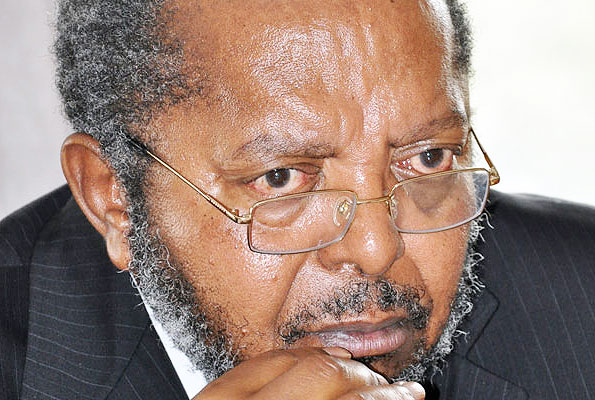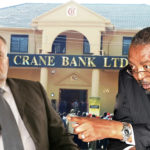The recent imbroglio that has put the Bank of Uganda, Crane Bank and businessman Sudhir Ruparelia in the limelight is not only interesting, but should provide a learning for the government on how to handle the crucial affairs of the economy.
The Bank of Uganda under the Governor Prof. Emmanuel Mutebile and the Executive Director Bank Supervision Justin Bagyenda are responsible for the overall supervision of all the commercial banks in the country, and should indeed be held accountable for any mess, perceived or real, that takes place in the banking sector, including the current saga involving Crane Bank.
By the time of its closure and subsequent sale, Crane bank was the 3rd largest commercial Bank in Uganda, running 44 branches and employing over 700 people.
Also, it is worth noting that the Crane Bank had for the bigger part of the past 10 years, been named as the best-performing commercial bank in the country. Obviously, if our country is to claim its rightful place in the community of nations, then such accolades bestowed on Crane Bank could not have been the result of a figment of fertile imagination!
By law, the BoU is supposed to carry out spontaneous audits of all commercial bank transactions every six months, an exercise aimed at minimizing possible fraud including ‘insider lending’. This therefore means if there was any lapse on supervision, the BoU was solely responsible for the commission or omission.
Needless to say therefore, the Crane Bank was a good performer that merited all it got including its existence as one of the leading financial institutions, and it sounds extremely frivolous for those who supervise the economy to turn around, and in just a matter of months, throw all the dirt in the direction of the Crane Bank and its shareholders including the majority shareholder, Sudhir Ruparelia. Inevitably, the nature of throwing around the buck, and the reasons advanced for the boarding off of Crane Bank become suspicious!
At individual level, Mr Ruparelia has invested billions of dollars in the Ugandan economy since the early 1990s. Worth noting is that his investments at the time came when almost no one wanted to inject his/her money in an economy that had nothing to write home about.
That said, it is time those responsible for supervising the economy begin smelling the coffee, just so the country avoids finding itself in an almost similar predicament like the one currently spoiling the broth in the banking sector.








